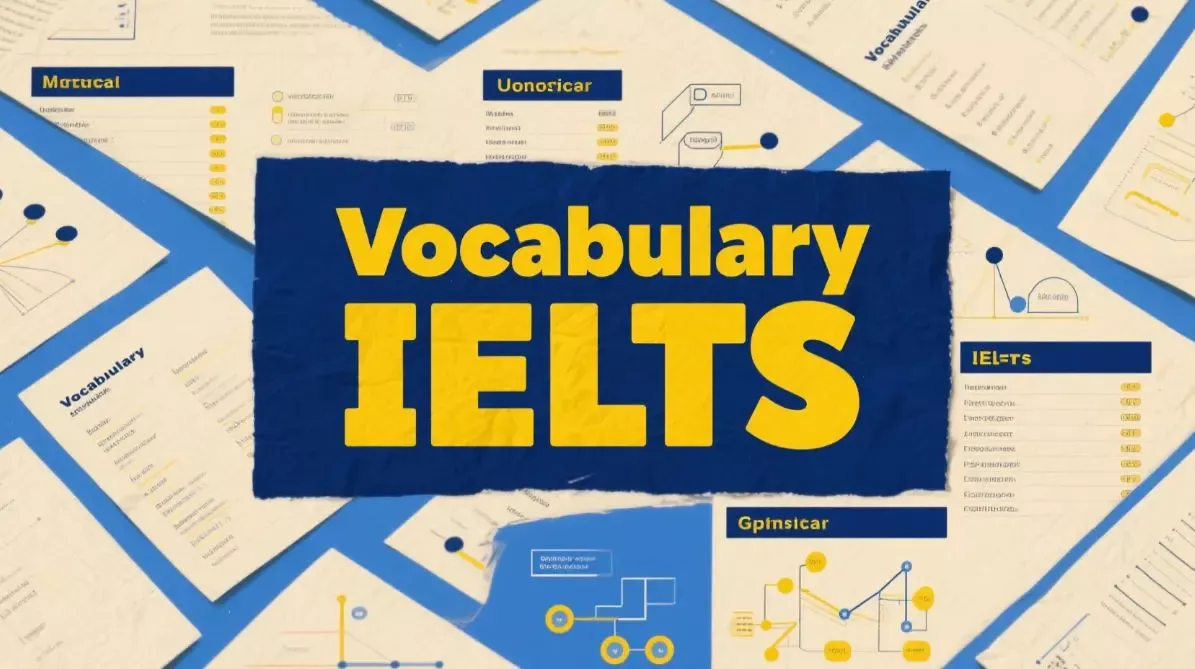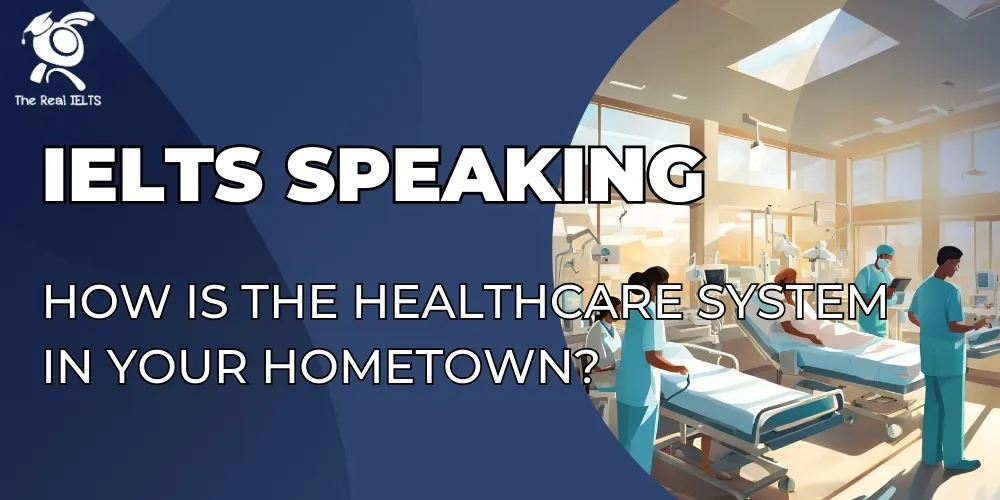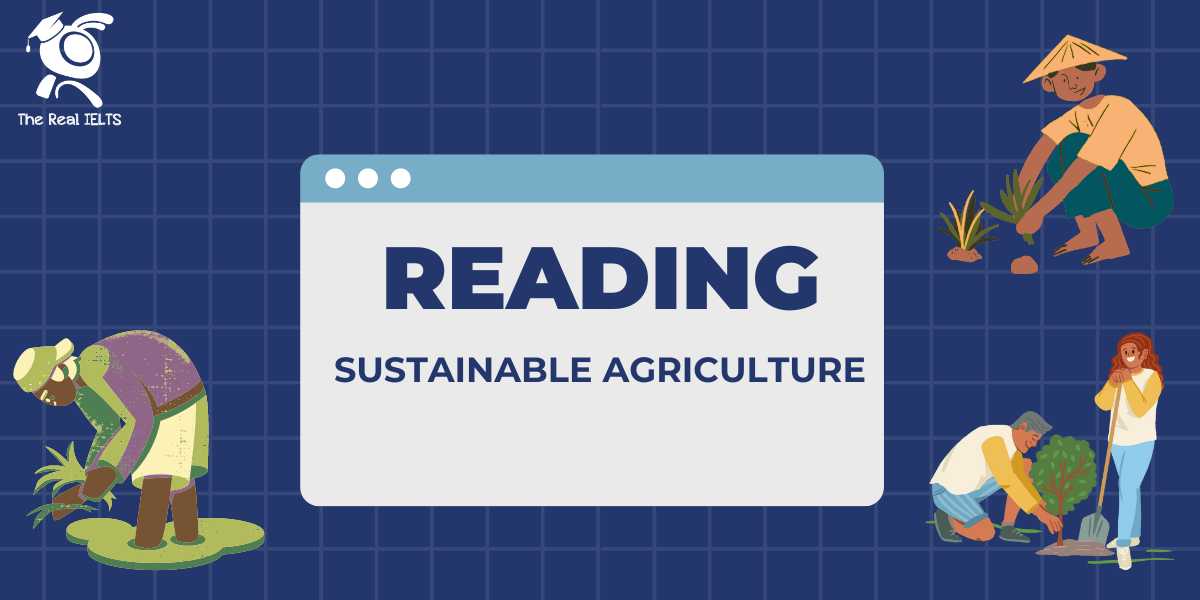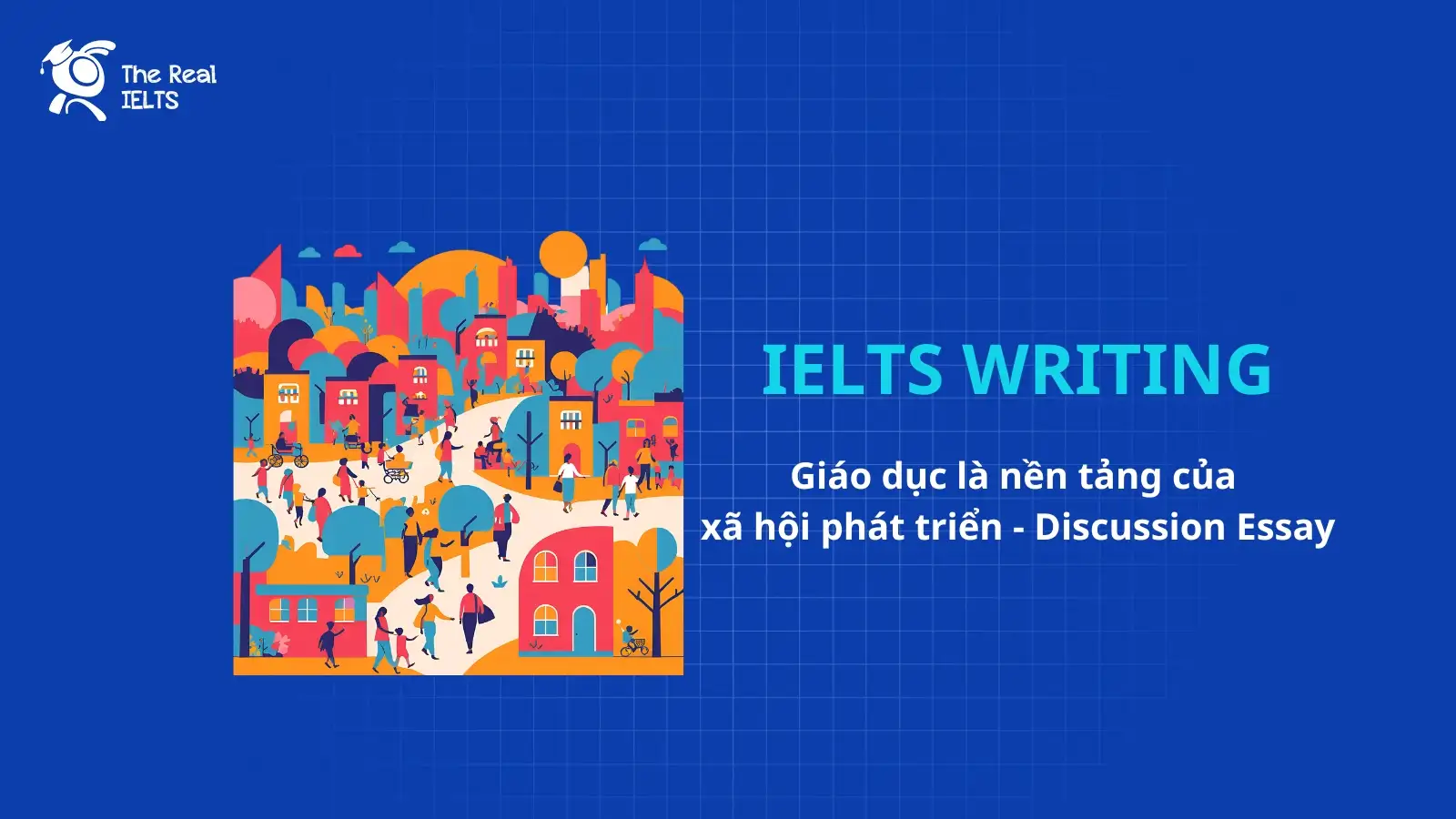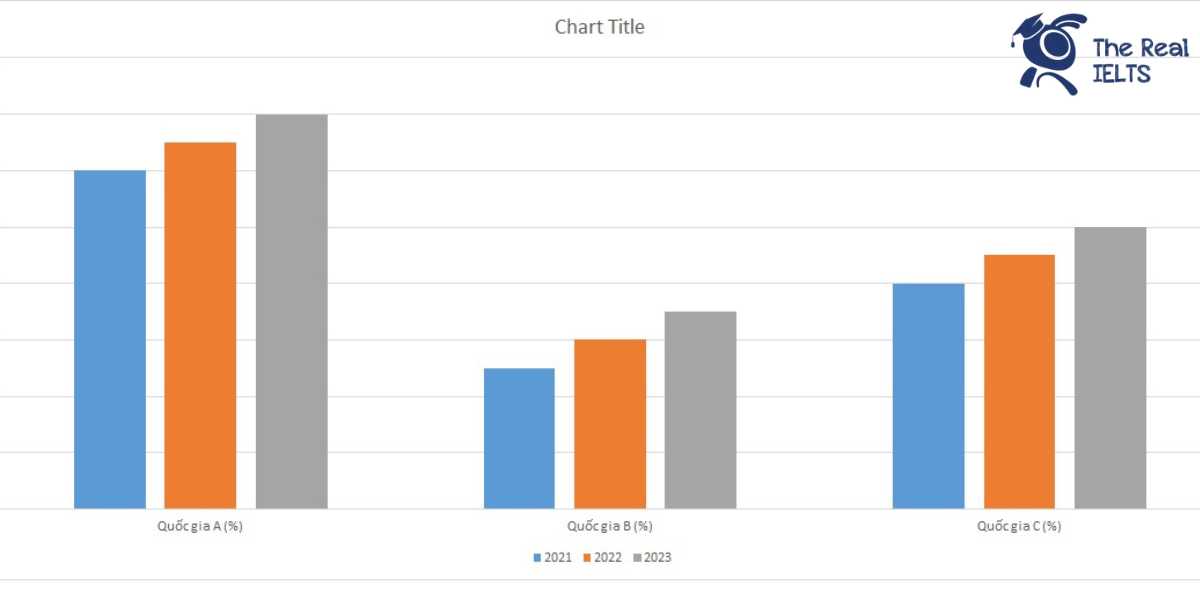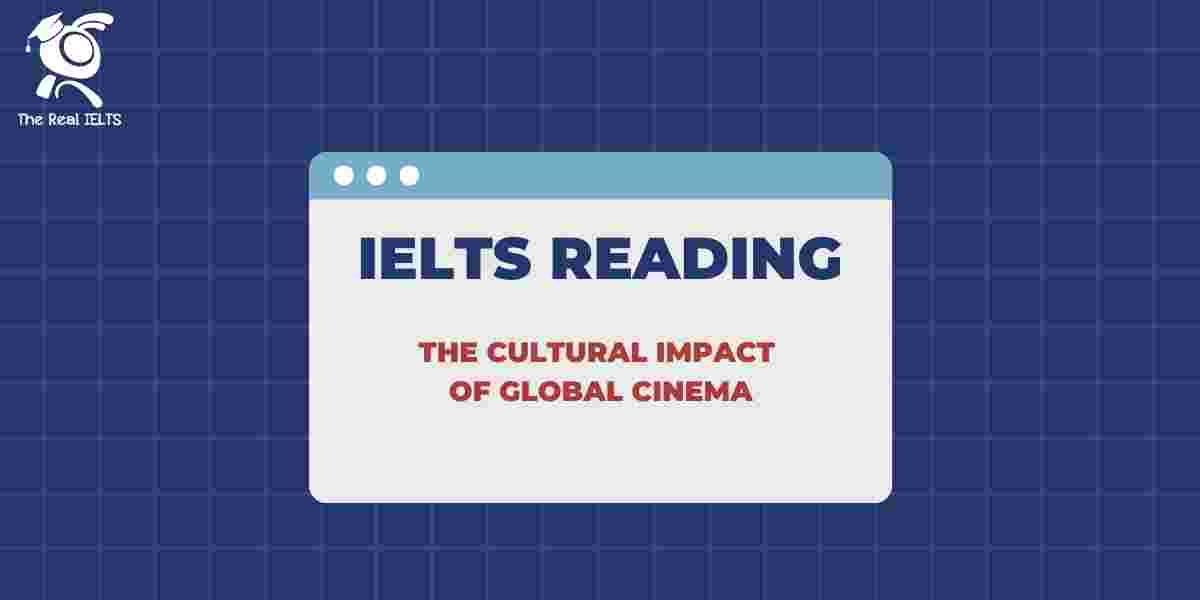IELTS Reading 99: The impact of technology on transportation là chủ đề thuộc chuỗi bài luyện tập 11 dạng bài IELTS Reading và các bài tập luyện tập.
Học lại bài cũ: IELTS Reading 98: Artificial Intelligence and the labor market.
IELTS Reading: The future of blockchain technology
Technology has dramatically transformed the transportation sector over the past century, leading to significant advancements in efficiency, safety, and accessibility. From the advent of the steam engine to the emergence of electric and autonomous vehicles, technological innovations have continually reshaped how people and goods move from one place to another.
One of the most notable impacts of technology on transportation is the increase in efficiency. Modern vehicles are now equipped with sophisticated navigation systems and real-time traffic updates, allowing drivers to choose the fastest routes and avoid congested areas. Moreover, advancements in fuel technology, such as hybrid and electric engines, have reduced reliance on fossil fuels, resulting in lower emissions and a more sustainable transportation system.
Safety is another critical area where technology has made a considerable difference. The introduction of advanced driver-assistance systems (ADAS) has enhanced vehicle safety by providing features such as automatic emergency braking, lane-keeping assistance, and adaptive cruise control. These innovations help prevent accidents and protect passengers and pedestrians alike. Additionally, the use of drones and automated delivery systems has the potential to improve safety in logistics by reducing the need for human drivers in hazardous situations.
Accessibility has also improved due to technological advancements. Public transportation systems are increasingly incorporating smart technologies, such as mobile apps that provide real-time information on schedules and routes. These developments make it easier for individuals with disabilities to navigate transport networks, ensuring that everyone has access to essential services.
However, the rapid advancement of technology in transportation also presents challenges. The rise of autonomous vehicles raises ethical questions about liability and safety. Furthermore, the dependence on technology can lead to issues such as cybersecurity threats and potential job losses in traditional driving roles.
In conclusion, technology has profoundly impacted the transportation industry by improving efficiency, safety, and accessibility. While these advancements have created a more connected world, they also pose new challenges that must be addressed to ensure a sustainable and equitable future for transportation.
Questions
1. Multiple Choice
Question: What is one major benefit of modern vehicles equipped with sophisticated navigation systems?
A. They increase fuel consumption.
B. They provide real-time traffic updates.
C. They reduce vehicle size.
D. They eliminate the need for drivers.
2. True/False/Not Given
Statement: The use of electric engines has led to an increase in emissions in the transportation sector.
- True
- False
- Not Given
3. Yes/No/Not Given
Statement: The article suggests that autonomous vehicles will eliminate all driving jobs.
- Yes
- No
- Not Given
4. Matching Information
Question: Find the paragraph that discusses the ethical questions raised by autonomous vehicles.
5. Matching Headings
Question: Choose the appropriate heading for the paragraph that covers advancements in vehicle safety features.
6. Matching Sentence Endings
Question: Complete the following sentence: Modern public transportation systems have begun to use smart technologies, which…
A. …limit access to essential services.
B. …make it easier for people with disabilities to navigate.
C. …have no impact on users.
D. …are only available in major cities.
7. Sentence Completion
Question: Advanced driver-assistance systems (ADAS) include features like automatic emergency braking and __________.
8. Summary Completion
Question: Fill in the blanks in the following summary: Technology has improved transportation by increasing __________, enhancing safety through __________, and improving accessibility via __________.
9. Diagram Label Completion
Question: Complete the labels for the diagram that illustrates the key components of modern transportation technology.
10. Short Answer Questions
Question: What are two challenges presented by the rapid advancement of technology in transportation?
11. Table/Flowchart/Note Completion
Question: Complete the following table with the impacts of technology on transportation:
| Impact | Description | Example |
|---|---|---|
| Efficiency | __________ | Navigation systems |
| Safety | __________ | ADAS |
| Accessibility | __________ | Mobile apps |
Đáp án
1. Multiple Choice
Answer: B. They provide real-time traffic updates.
2. True/False/Not Given
Answer: False. (The use of electric engines has led to lower emissions, not an increase.)
3. Yes/No/Not Given
Answer: No. (The article suggests that while autonomous vehicles raise ethical questions, it does not claim they will eliminate all driving jobs.)
4. Matching Information
Answer: Paragraph discussing ethical questions raised by autonomous vehicles.
5. Matching Headings
Answer: Heading for the paragraph that covers advancements in vehicle safety features.
6. Matching Sentence Endings
Answer: B. …make it easier for people with disabilities to navigate.
7. Sentence Completion
Answer: lane-keeping assistance.
8. Summary Completion
Answer: efficiency; safety through advanced features; improving accessibility via smart technologies.
9. Diagram Label Completion
Answer: Labels for the key components of modern transportation technology based on the information in the article.
10. Short Answer Questions
Answer: Two challenges presented are: ethical questions about liability and safety; and cybersecurity threats.
11. Table/Flowchart/Note Completion
Answer:
| Impact | Description | Example |
|---|---|---|
| Efficiency | Increase in transportation efficiency | Navigation systems |
| Safety | Enhanced safety features | ADAS |
| Accessibility | Improved access for all users | Mobile apps |



